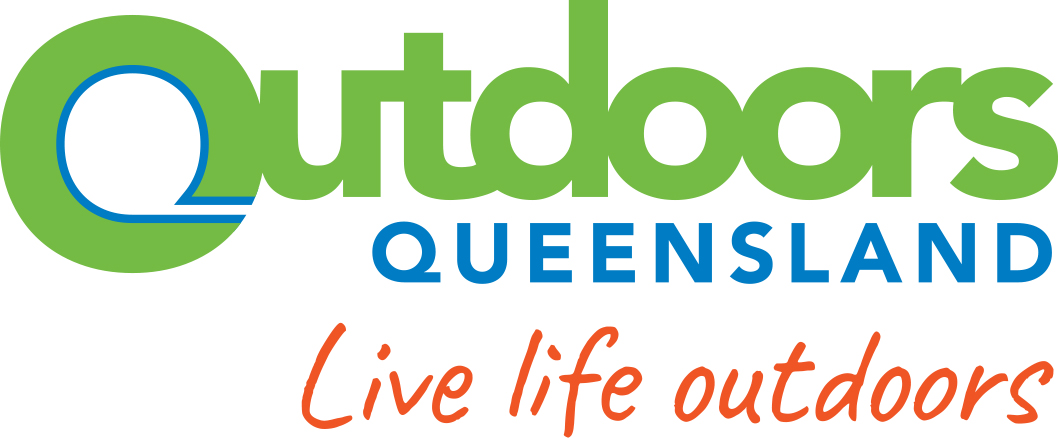
Education & Training
Information on education and training to work in the outdoors!
What Training Should I Do?
When choosing the right training it is important to consider all the external influences that may affect the training or qualifications you require. These include but are not limited to:
- Employers, Land Managers and Volunteer Organisations – the requirement for qualifications may vary depending on the organisation involved.
- The Australian Adventure Activity Standard (AAAS) and related Good Practice Guides (GPGs) provide a voluntary good-practice framework for safe and responsible planning and delivery of led outdoor adventure activities with dependent participants.
- Education Queensland Guidelines – for those working with or for Queensland State Schools.
Persons within the outdoor recreation sector in Australia, or those seeking to enter the sector, may have achieved formal qualifications in a variety of ways e.g. a university; TAFE College or another Registered Training Organisation; industry bodies (e.g. Australian Canoeing); formalised in-house training (e.g. Scouts, Guides). Alternatively, they may hold no formal certification and may have acquired their skills on-the-job. The portability of these pathways varies though many employers or employing bodies value formal qualifications and diverse experience.
At the basic level, training is designed to develop a range of skills and knowledge. As part of that training, an individual may be assessed formally, informally or not at all. Depending on the nature of the training and/or assessment, and the type of course, a student may achieve:
- a qualification (e.g. Bachelor’s Degree, Diploma, Certificate II, III or IV);
- a Statement of Attainment (e.g. for a cluster of competencies in an activity, or a skill set that indicates capacity to run an outdoor activity as a guide or instructor);
- a statement indicating successful course completion; or
- a reference from an employer, indicating skills and experience.
Many factors interact to determine the level of competency required. These include the kind of environment, the kind of activity, the profile of the participants/clients, the program objectives and the number of staff and their combined skill level.
An EMPLOYER or LAND MANAGER must determine the range of situations encountered within the workplace and then determine the level of competencies required for the range of programs and situations that the employee/volunteer is required to operate in.
Nationally Recognised Training
An important consideration when deciding on training or qualifications is whether you may be working or volunteering in other states or territories in the future. By choosing nationally recognised training you will ensure your qualification is recognised throughout Australia. Within Vocational Education and Training (VET), the current nationally endorsed training package for outdoor recreation is the SIS Sport, Fitness and Recreation Training Package.
Some nationally-recognised qualifications may be available through a traineeship or as part of a full-time or part-time course. There will be course fees, and these vary depending upon the training organisation. It is important that any course you do with a focus on outdoor activity and leadership skills includes a significant component of structured work placement in the industry, so you develop and can apply practical skills in a real workplace.
Using a Registered Training Organisation (RTO)
The training for nationally-recognised qualifications can only be delivered by Registered Training Organisations (RTOs). An RTO is a training provider that has been through a registration process, managed by the state government, to make sure that it meets basic quality requirements to deliver the training. RTOs can include TAFE, private training providers and some industry associations and companies.
If a training provider is not a Registered Training Organisation for the particular qualification, they cannot issue you with a nationally-recognised qualification. Some training providers also offer courses that are not formally recognised; this can carry some risks for students who complete these courses, and may make it more difficult to find work in the sector.
For more information on identifying courses that will be properly recognised, see Choosing the Right Course.
Find Outdoor Recreation Training
Training providers offer training in many different forms such as face-to-face, online, block training, work placements and full-time courses. Some organisations provide training courses at set times throughout the year and other organisations offer training courses on demand. If they offer on demand training they may have a minimum number of participants required to run the training so keep this in mind when finding a training provider.
To find a training course, training provider and information on training subsidies, go to Queensland Skills Gateway
Check out the Training events in What’s On, or search for Training on the Discover page
Finding a Registered Training Organisation (RTO)
Different RTOs offer courses in different locations, with different outdoor activity specialisations and according to different timetables. An RTO should be able to advise you on course entry requirements, fees and charges, locations, timetables, their facilities and equipment, the experience of their training staff, and so on. As you are the paying customer, you can ‘shop around’ to find the RTO that will best suit your specific needs.
The Federal Government website (www.training.gov.au) offers a range of information on training packages, courses and RTO’s all over Australia. It is important to remember that some RTO’s may not be currently delivering a qualification even though they are registered to do so. To find out what an RTO is currently delivering you will need to contact them directly.
University Courses
University qualifications in Outdoor Education or Outdoor Recreation are often highly regarded by potential employers.
In Queensland these qualifications are offered by the following universities:


